Congratulations to our 2025 award winners – LeAnna Prange and Tom Kirby
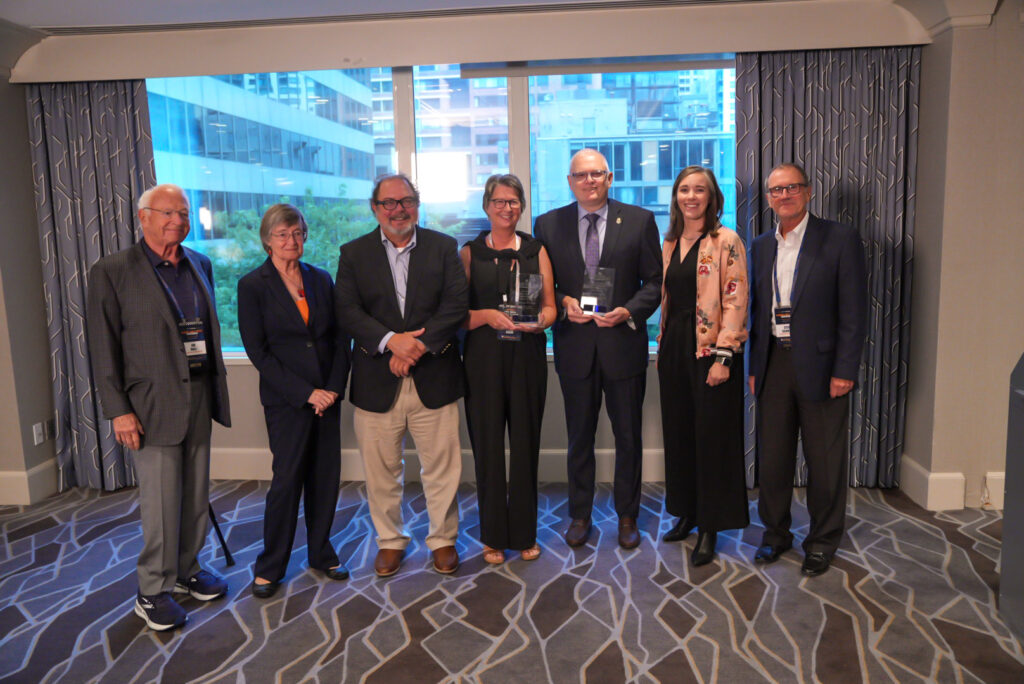
The Center for Alcohol Policy is pleased to announce it has awarded two veteran alcohol regulators with its 2025 Leadership in Alcohol Regulation Award.
- LeAnna Prange, Deputy Director of the Nebraska Liquor Control Commission (NLCC)
- Thomas Kirby, Chief Operating Officer, Virginia Alcohol Beverage Control Authority (Virginia ABC)
The Center was proud to recognize LeAnna and Tom for their commitment to innovation and excellence in alcohol regulation. Throughout their distinguished careers, both LeAnna and Tom have worked to update and elevate the regulatory process within their states, delivering outcomes that better serve both the public and industry stakeholders. In addition to their bold approaches to meeting today’s challenges, LeAnna and Tom have been gracious and visible leaders to their peers across the country.
Our previous award recipients:
Frederick “Ted” Mahony, Chief Investigator, Massachusetts Alcoholic Beverages Control Commission
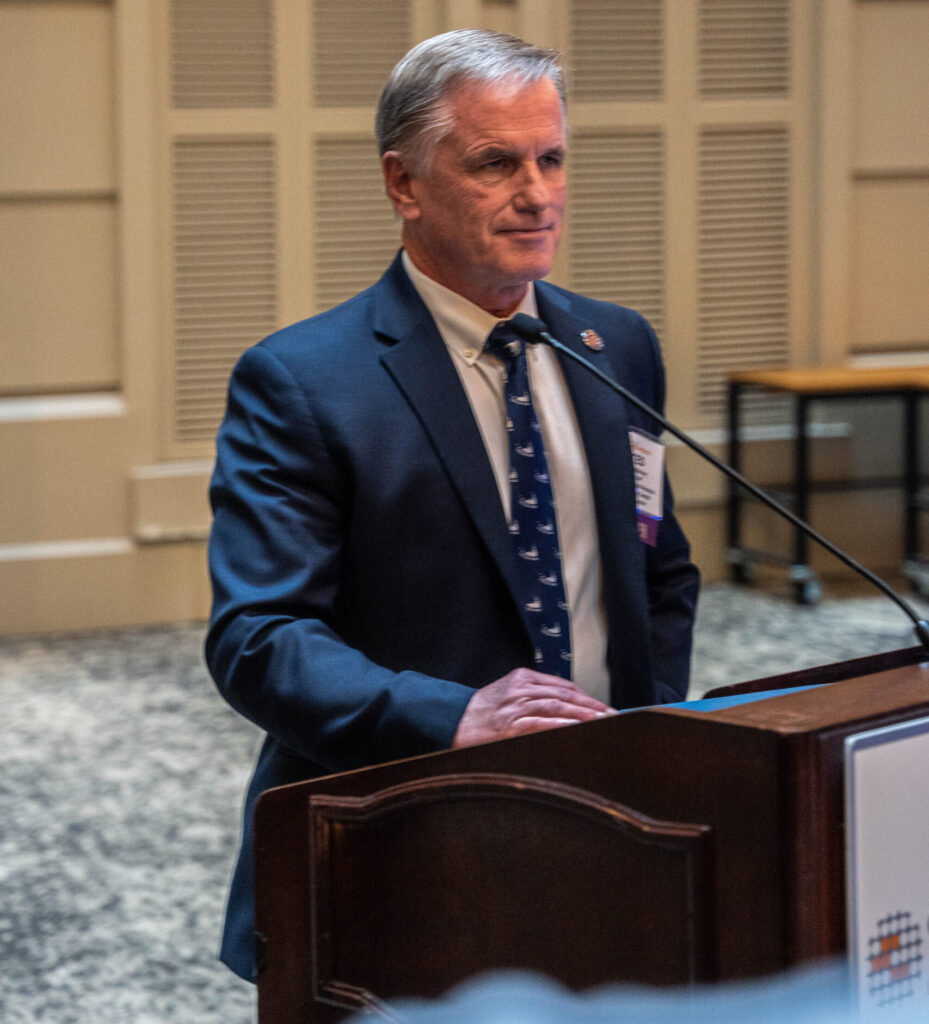
Chief Mahony was chosen for this award due to his dedication to public service which is known both locally and nationally. Mahony’s development of special enforcement programs continue to be a primer for the industry on methodology to protect public health, safety, and an orderly marketplace. Chief Mahoney’s dogged determination serves as an example to regulators across the country and makes him the perfect recipient for this award.
Becky Schlauch, Administrator of the Montana Department of Revenue’s Liquor Control Division
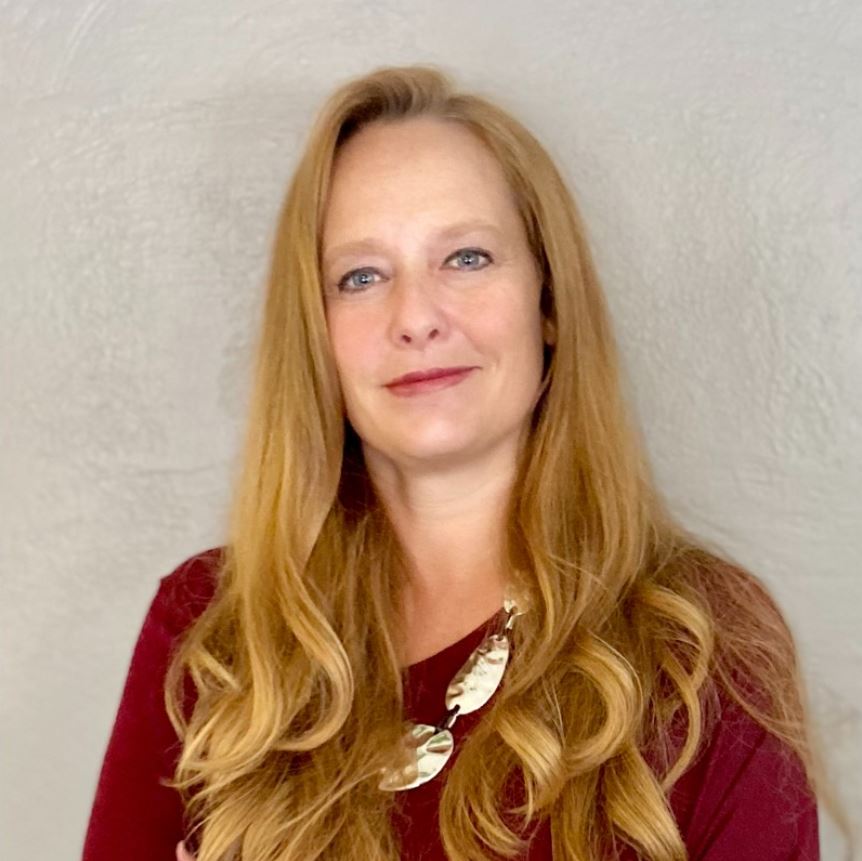
Administrator Schlauch’s embodiment of public service and dedication to responsible alcohol regulation made her the ideal recipient of this award. Rather than taking a passive approach to her position, Schlauch was active in spearheading a streamlined revamp in the license violation process. This is emblematic of her desire to inject a spirit of commonsense collaboration into her work each and everyday.
Thomas Graham, Executive Director of the Texas Alcoholic Beverage Commission
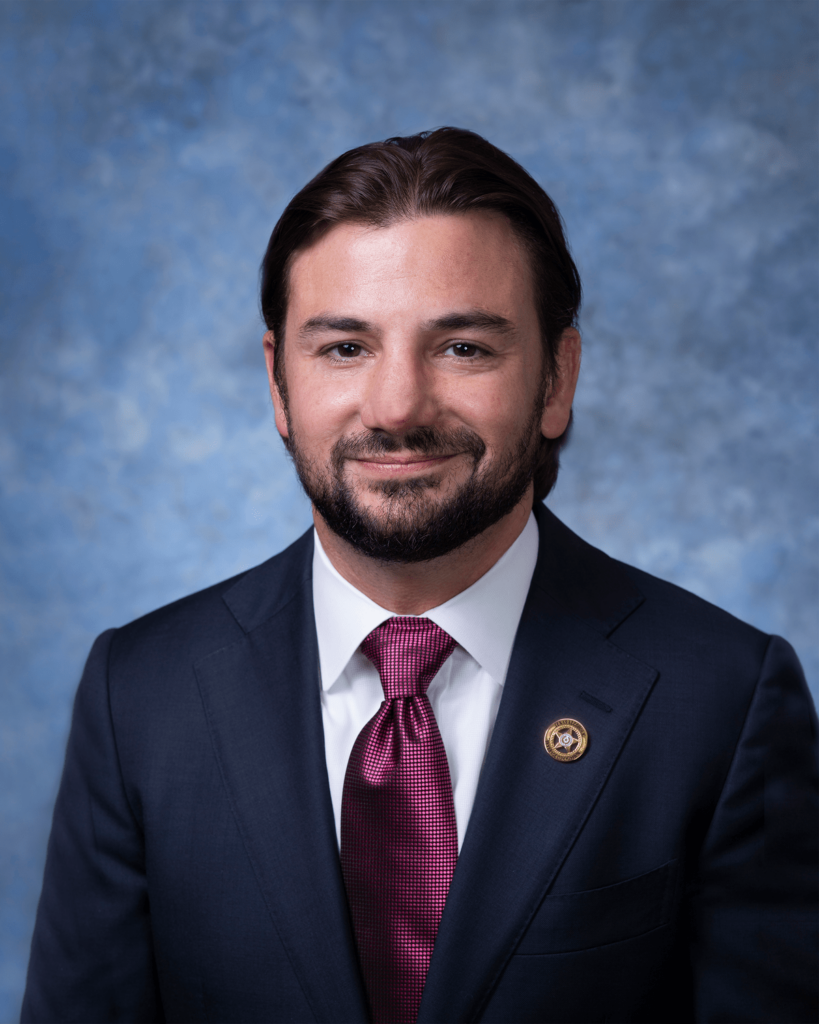
Director Graham’s 18 year history working in the alcohol industry has been marked by leadership and a forward-looking game plan to ensure that the manufacture, distribution, sale and service of alcohol in Texas remains safe and properly regulated. In particular, Director Graham and the TABC’s work on human trafficking and strict crackdown on businesses participating in organized crime is commendable.
Carla Cincotta, Director of the Alcohol and Gambling Division of the Minnesota Department of Public Safety
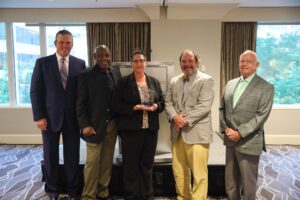
Director Cincotta was chosen for this award due to her work minimizing the economic effects of public safety related closures and uniform enforcement of laws. She managed to do all this while maintaining productive relationships with industry members and balancing a cost-effective expansion of the agency.
Summer Childers, director of the licensing and compliance division of the Alabama Alcoholic Beverage Control Board
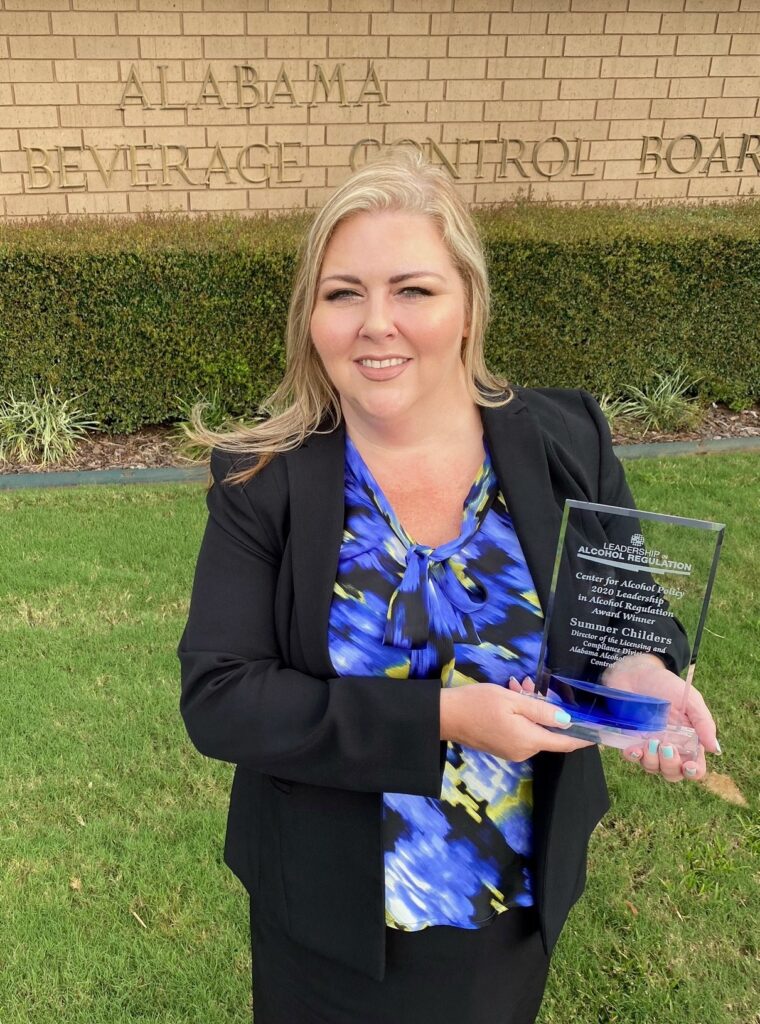
Director Childers was chosen to receive this award because she has dutifully organized and implemented major structural changes within the Alabama ABC as well as served as lead on efforts to review and improve AL ABC Administrative Rules and Regulations. Ms. Childers’ opinions and insights on proposed legislation are frequently sought after on account of her deep institutional knowledge of the industry and its governing laws.
Debbi Beavers, director of the Kansas Alcoholic Beverage Control
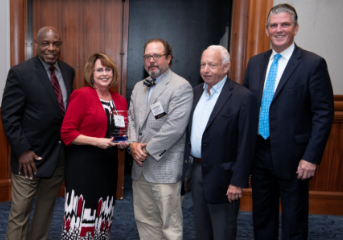
Director Beavers led the agency and the industry through the profound changes that occurred in alcohol regulation in Kansas between 2017 and 2019.
Chris Curtis, deputy secretary to the Virginia ABC Board
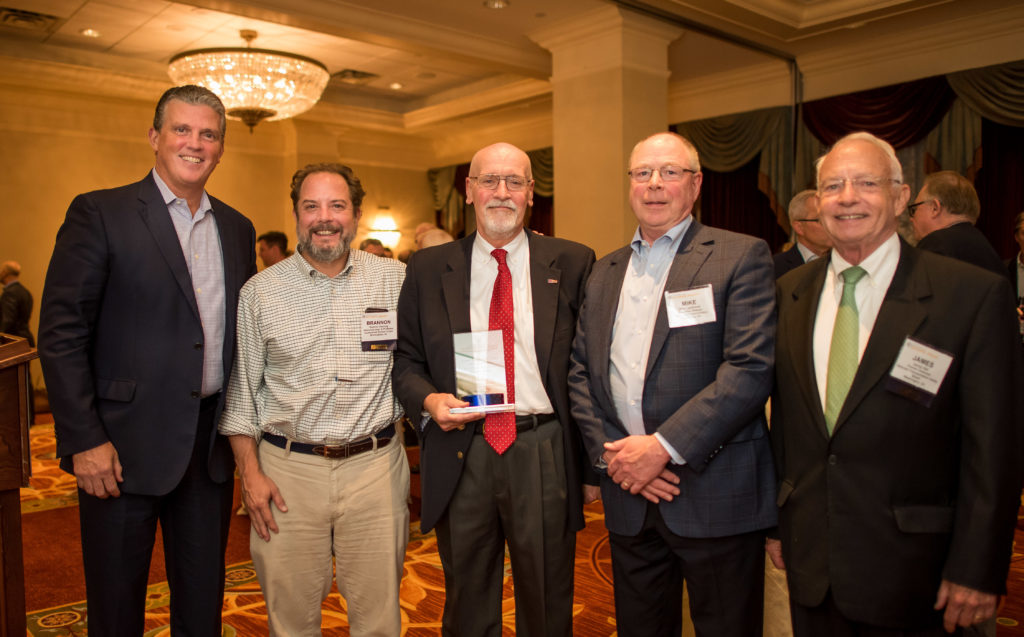
Mr. Curtis was recognized for his mentorship, proactive enforcement and public health efforts, and implementing innovative strategies, and a fair and balanced approach to alcohol regulation.
Kathie Durbin, chief of licensure, regulation and education at the Montgomery County, Maryland Department of Liquor Control
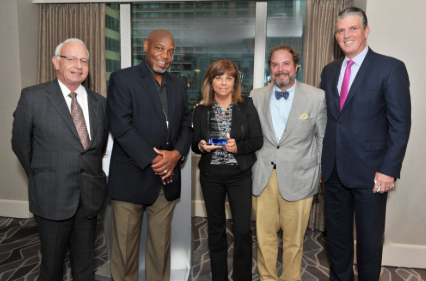
Ms. Durbin spearheaded the Annual Maryland Alcohol Forum, which brings together alcohol license administrators and law enforcement to discuss policy priorities, trends in public health, and licensing and enforcement best practices.
Sherry Cook, executive director of the Texas Alcoholic Beverage Commission (TABC)
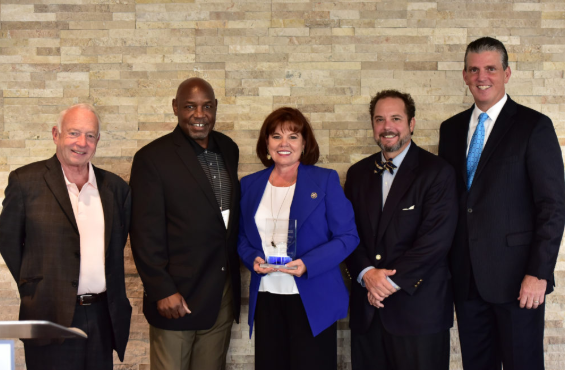
Ms. Cook made public education a key focus of the TABC. Under her leadership, the Texas ABC implemented 2Young2Drink, a web-based education program aimed at school-aged students and their parents, which highlights the dangers of underage consumption of alcoholic beverages.
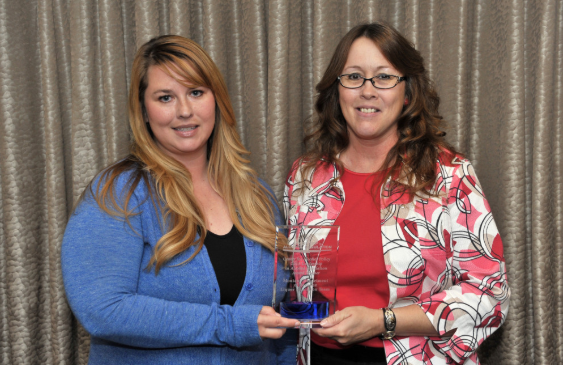
The Montana Department of Revenue’s Liquor Education Unit
The unit works with a variety of partners to help launch initiatives such as the Montana Community Change Project, DUI task forces across the state, the Comprehensive Highway Safety Plan Alcohol Strategy Implementation team, and the Interagency Coordinating Council on State Prevention Programs. Every other year, the unit hosts its Alcohol Education Summit, which brings nearly 200 alcohol stakeholders to the state capitol for two days of education, dialogue, and sharing of best practices.
Keith Burt, Director of the Oklahoma Alcohol Beverage Laws Enforcement (ABLE) Commission
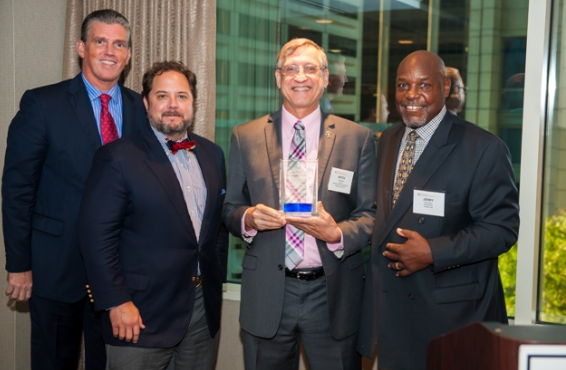
Director Burt oversaw tremendous changes in Oklahoma regulation brought about by ‘liquor by the drink’ implementation. One of his greatest initiatives was sending ABLE agents into grade schools, high schools and college campuses weekly in an effort to be proactive and enlighten youth on the life-changing consequences of alcohol abuse.

Gloria Materre, executive director of the Illinois Liquor Control Commission and Neal Insley, chairman and commissioner of the Virginia Department of Alcoholic Beverage Control (ABC)
Under Ms. Materre’s leadership, the Illinois Liquor Control Commission vastly improved its customer service to the thousands of liquor license holders across the state, while ensuring compliance and licensing regulations are upheld and enforced. She also worked with the legislature and was a strong advocate for laws that help prevent underage drinking.
Working for the Virginia ABC, Chairman Insley focused on a ‘progressive control’ model of leadership, which strived to balance growth in business and state revenue while positively impacting the health and public safety of Virginia communities. Under his leadership, numerous illegal alcohol operations – including those creating ‘moonshine’ – were stopped, which helped state revenues and public health.